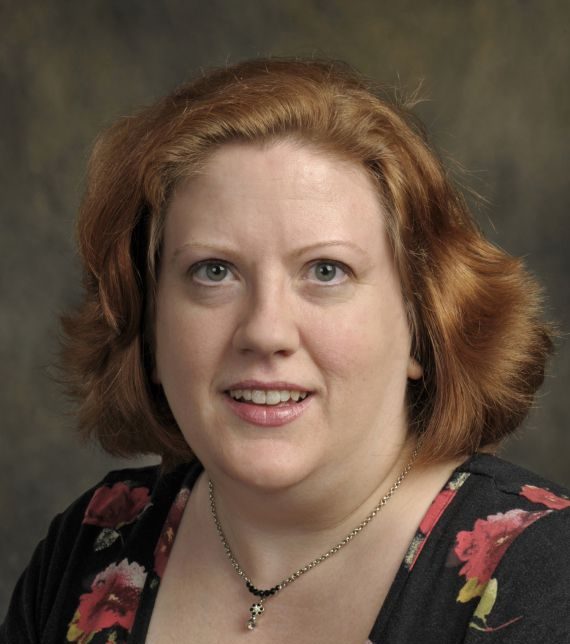
Dr. Natalie Underberg-Goode is Assistant Director and Professor of Digital Media and Folklore in the UCF Nicholson School of Communication and Media.
Her research examines the use of digital media to preserve and disseminate folklore and cultural heritage, with a focus on digital storytelling and participatory new media design and practice. She is author of the books Multiplicity and Cultural Representation in Transmedia Storytelling (Routledge, 2023) and Digital Ethnography: Anthropology, Narrative, and New Media (Elayne Zorn, co-author, University of Texas Press, 2013), editor of a special issue of the international journal Visual Ethnography on Exploring Digital Ethnography through Embodied Perspective, Role-Playing and Community Participation and Design, and author of 34 peer-reviewed articles, book chapters, and conference proceedings.
She has been PI or co-PI on research and teaching grants and fellowships totaling nearly $205,000, in addition to receiving a competitive two-semester sabbatical at ¾ pay and being Key Personnel on a $185,000 Department of Education grant. These grants and fellowships include two Florida Humanities Council, two Florida Department of State Division of Cultural Affairs grants, The Strong Research Fellowship, and flow-through funding from the National Endowment for the Humanities. Her research has been presented at more than two dozen national and international conferences, including the Bilan du Film Ethnographique seminar in Paris, France and the Digital Games Research Association (DiGRA).
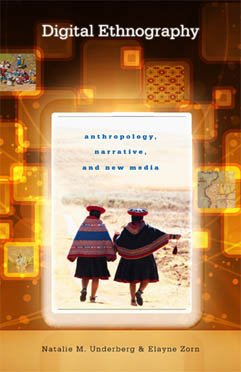
Digital Ethnography
She is author (with Elayne Zorn) of the book Digital Ethnography: Anthropology, Narrative, and New Media (University of Texas Press, 2013)
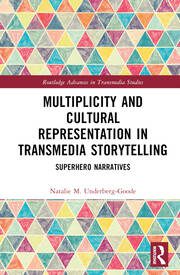
Multiplicity and Cultural Representation in Transmedia Storytelling
She is author of the book Multiplicity and Cultural Representation in Transmedia Storytelling: Superhero Narratives (Routledge, 2022)
Recent Projects
Below are several recent representative digital storytelling and heritage projects:
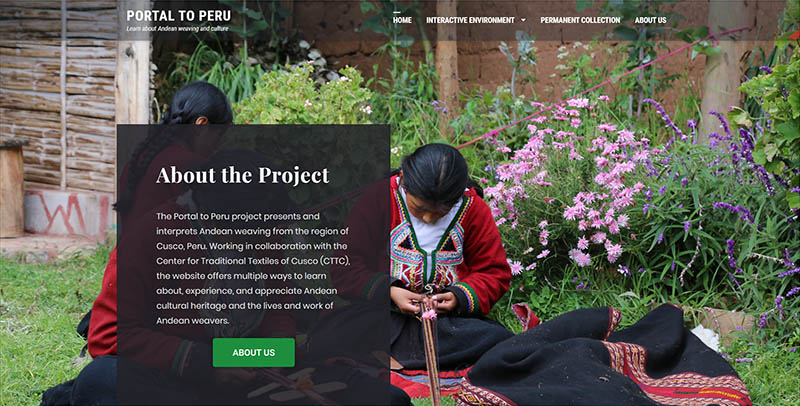
Portal to Peru
In the Portal to Peru project, the production of which she gratefully acknowledges was supported by a Department of Education grant received by UCF’s Latin American Studies program on which she was Key Personnel, she worked with a non-profit in Cusco, Peru (the Center for Traditional Textiles in Cusco, or CTTC), to present and interpret Andean weaving and the lives and experiences of the weavers who create and sell this important example of intangible cultural heritage. The site presents more than 700 items from the CTTC’s permanent collection of textiles, exhibitions focusing on weaving types, techniques, process, and designs from the CTTC’s photographic archives and a GIS-based community tour of the ten communities with whom the CTTC works. In addition, the site presents three digital stories and interactive visual novels based on the experiences and knowledge of the women who work with this important non-profit in order to help the visitor understand the historical, cultural, and economic context in which this cultural heritage is created and shared. Research about this project has been published in Annals of Anthropological Practice and Journal of Tourism and Cultural Change; and is forthcoming in the proceedings of the AMPS Prague History & Heritage conference
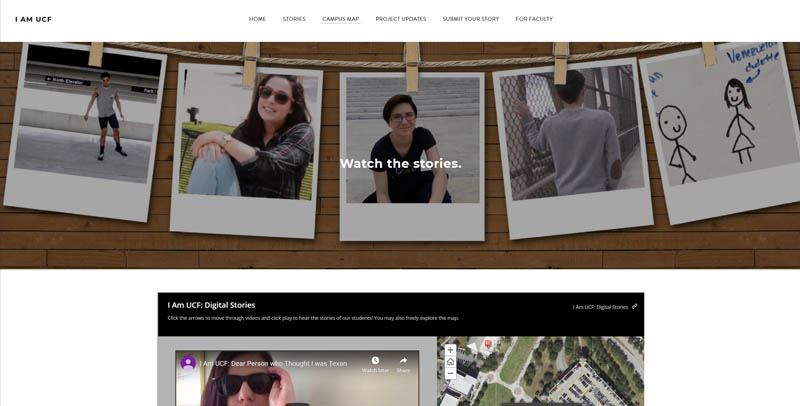
I am UCF
In the I am UCF digital storytelling project Underberg-Goode works with a cross-disciplinary team of faculty from Theater, English, and Writing and Rhetoric faculty to create digital stories representing the diverse experiences and identities of UCF students. To date, there are approximately 100 digital stories on this site. The project features a sortable campus map and a mobile app that allows users to experience the stories in the physical sites that storytellers have chosen to associate with their digital stories. A research article about this was published in the Media Education Research Journal and the proceedings of the International DST Conference: Current Trends in Digital Storytelling: Research & Practices.
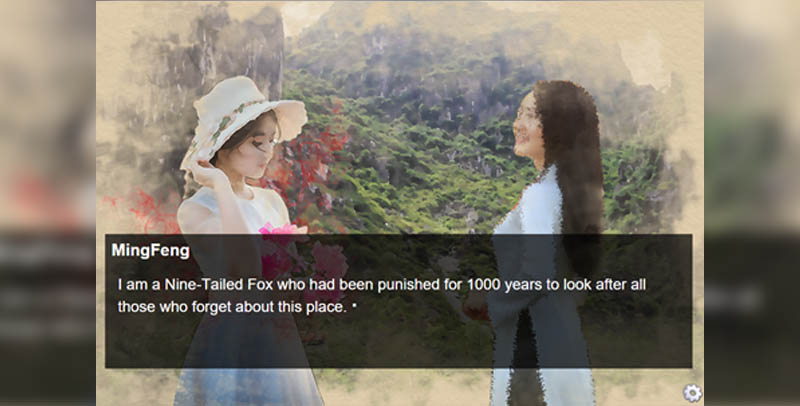
Life/Ways
In In the Life/Ways project, UCF students learned to tell digital and interactive life stories, including a digital story about his/her/their life, and an interactive narrative that explores “what if” in relation to a key decision the author made in his/her/their life. The project extends the StoryCenter’s (https://www.storycenter.org/) traditional model of personal digital memoir in order to engage the fictive imagination. The first part of the project was to create a digital story—a 2-3 minute personal narrative illustrated by pictures and/or video, and narrated by the storyteller in his/her/their own voice. The second part was to create an interactive narrative using visual novel software, to explore an answer to the question: What if I’d made a different choice?, using a thought exercise that asked students to examine times in their lives when they had come to a metaphorical “crossroads” and considering which path they decided to go down…and the other way they might have gone. The visual novel, then, told the story of what happened–and what might have happened. Projects (pictured is a screenshot from UCF student Kellie Driscoll’s visual novel) were exhibited as part of the UCF Celebrates the Arts festival held annually at the Dr. Phillips Performing Arts Center and a research article about the project was published in the journal Storytelling Self Society.
Blog and Media Coverage
More information about her work can be found on her blog:
Appearance on Emily Tells All talkshow:
Interview on Behind the Soundbite: